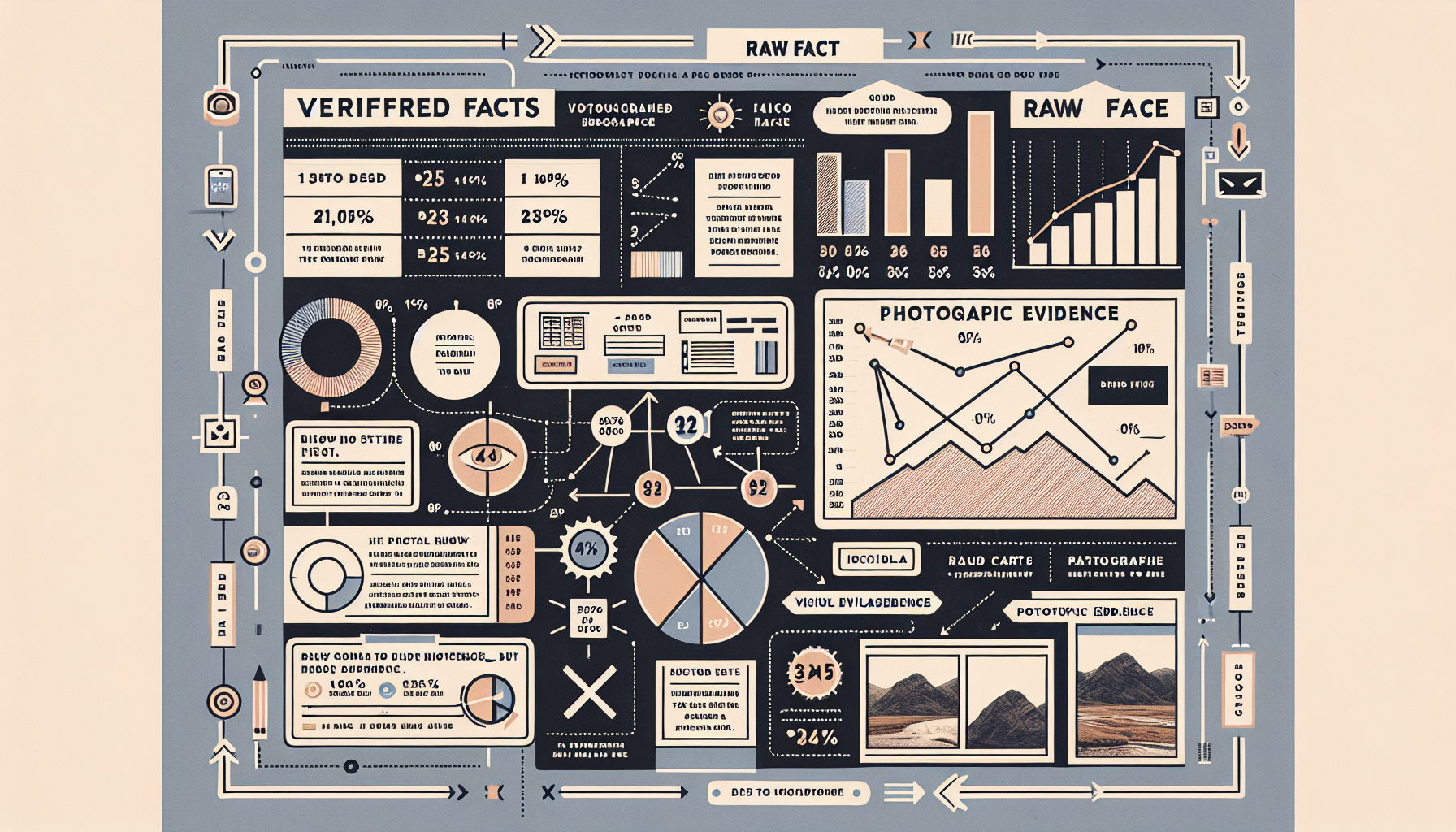The Gender Pay Gap in Managing Director Roles: An In-Depth Analysis

The gender pay gap refers to the difference in earnings between men and women, often expressed as a percentage of men's earnings. While progress has been made in some sectors, managing director roles continue to exhibit a troubling divide. According to a 2023 report by the World Economic Forum, female managing directors earn significantly less than their male counterparts, with estimates suggesting a gap of up to 30% in certain regions. This disparity raises important questions about systemic biases and the organizational practices that perpetuate inequality.
Factors Contributing to the Gender Pay Gap
Gender stereotypes play a crucial role in shaping perceptions of leadership abilities. Women are often judged against traditional notions of leadership, which can lead to fewer opportunities for advancement. Implicit biases in hiring and promotion decisions further exacerbate the issue, as women may be overlooked for high-level positions or offered lower salaries due to preconceived notions about their capabilities. For instance, a 2022 study published in the Journal of Business Ethics found that women in leadership roles were often perceived as less competent than their male counterparts, impacting their chances for promotions and salary negotiations.
Networking and Mentorship
Access to professional networks and mentorship opportunities is vital for career advancement. Research indicates that men are more likely to have access to influential networks, leading to better job offers and salary negotiations. Women, on the other hand, may find themselves isolated from these networks, limiting their career growth and salary potential. A survey conducted by McKinsey & Company in 2021 revealed that while 63% of men reported having an influential mentor, only 47% of women reported the same, highlighting a critical gap in support that can affect career progression.
Work-Life Balance Expectations
Many women face societal pressures to balance work and family responsibilities, which can impact their career trajectories. The expectation that women will take on more domestic duties often leads them to prioritize family over career, resulting in fewer promotions and lower salaries. Furthermore, organizations may not provide adequate support for work-life balance, making it challenging for women to thrive in demanding roles. According to a 2023 study by the Pew Research Center, 58% of working mothers reported feeling overwhelmed by balancing job responsibilities and family duties, which can deter them from pursuing high-stakes leadership positions.
Lack of Transparency
Pay transparency remains a contentious issue in many organizations. When salary information is not openly shared, it becomes difficult for employees to understand their worth or negotiate effectively. This lack of transparency disproportionately affects women, who may be less likely to advocate for themselves when they are unaware of salary benchmarks. A report by the Institute for Women’s Policy Research in 2022 found that organizations with transparent pay practices had 20% lower gender pay gaps than those that did not, underscoring the importance of transparency in promoting equity.
Strategies for Promoting Equity in Executive Compensation
Organizations should conduct regular pay audits to identify and address disparities in salaries between male and female managing directors. By analyzing compensation data and understanding the factors contributing to the gap, companies can take proactive steps to ensure equitable pay practices. For example, companies like Salesforce have adopted annual pay audits that have led to significant adjustments in salaries for underpaid employees, particularly women and minorities.
Enhancing Mentorship Programs
Establishing formal mentorship programs that connect female executives with senior leaders can help bridge the networking gap. These programs should focus on providing guidance, support, and opportunities for women to enhance their leadership skills and visibility within the organization. Companies like Intel have implemented such programs, resulting in a notable increase in the number of women promoted to executive roles.
Promoting Work-Life Balance
Organizations must foster a culture that values work-life balance for all employees. This could involve flexible work arrangements, parental leave policies, and support for childcare, allowing women to pursue their careers without compromising family responsibilities. A 2022 study by Deloitte found that companies offering flexible work arrangements saw a 25% increase in female employee retention rates.
Ensuring Pay Transparency
Companies should embrace pay transparency by openly sharing salary ranges for executive roles. This practice empowers all employees to have informed discussions about compensation and encourages equitable negotiations. For example, Buffer, a social media management platform, has publicly shared their salary formula, which has not only promoted fairness but also attracted talent committed to equity.
The gender pay gap in managing director roles is a multifaceted issue that requires a concerted effort from organizations, leaders, and policymakers. By understanding the factors contributing to this disparity and implementing strategic measures to promote equity, we can work towards a future where female managing directors receive compensation that reflects their skills, contributions, and potential. Closing the gender pay gap is not just a moral imperative; it is essential for fostering diverse leadership and driving organizational success in an increasingly competitive world. As we move forward, it is crucial for both men and women to advocate for equitable practices, ensuring that all individuals have the opportunity to thrive in their careers regardless of gender.
Diversity and Inclusion Manager
Google, Microsoft, major consulting firms
Core Responsibilities
Develop and implement diversity and inclusion initiatives to promote equity within the organization.
Conduct training sessions and workshops to raise awareness of unconscious bias and foster an inclusive culture.
Analyze diversity metrics and report on the effectiveness of programs to senior management.
Required Skills
Strong communication and interpersonal skills to engage and influence employees at all levels.
Experience in data analysis to track diversity metrics and identify areas for improvement.
Familiarity with relevant legislation and best practices in diversity and inclusion.
Human Resources Business Partner (HRBP)
finance, healthcare, technology
Core Responsibilities
Collaborate with leadership to align HR strategies with business objectives, focusing on talent acquisition and retention.
Provide guidance on employee relations issues, including performance management and career development.
Analyze workforce data to identify trends and make recommendations for addressing gender disparities.
Required Skills
Strong analytical skills to interpret HR metrics and develop actionable insights.
Excellent negotiation and conflict resolution skills to handle sensitive employee issues.
Experience in change management and organizational development initiatives.
Executive Compensation Analyst
consulting firms, financial services companies, large corporations
Core Responsibilities
Analyze market data to recommend competitive compensation structures for executive roles, including managing directors.
Conduct pay equity analyses to identify and address gender pay gaps within the organization.
Prepare reports and presentations for senior leadership on compensation trends and strategies.
Required Skills
Proficiency in data analysis and financial modeling, with strong Excel skills.
Knowledge of compensation laws and regulations, including pay transparency requirements.
Strong attention to detail and the ability to communicate complex data clearly.
Organizational Development Consultant
management consulting firms, large corporations
Core Responsibilities
Assess organizational needs and develop strategies to enhance employee engagement and performance.
Facilitate workshops on leadership development and effective team dynamics.
Support implementation of change management initiatives to promote a culture of diversity and inclusion.
Required Skills
Strong facilitation and coaching skills to lead workshops and training sessions.
Experience with organizational assessment tools and methodologies.
Ability to build relationships and influence stakeholders at all levels of the organization.
Talent Acquisition Specialist (Diversity Focus)
tech companies, nonprofits
Core Responsibilities
Develop and execute recruiting strategies to attract diverse talent to the organization.
Partner with hiring managers to create inclusive job descriptions and interview processes.
Monitor and report on diversity hiring metrics and suggest improvements to recruitment practices.
Required Skills
Strong networking skills to build relationships with diverse candidate pools and organizations.
Experience with applicant tracking systems and recruitment marketing.
Knowledge of best practices in diversity recruitment and unconscious bias training.


